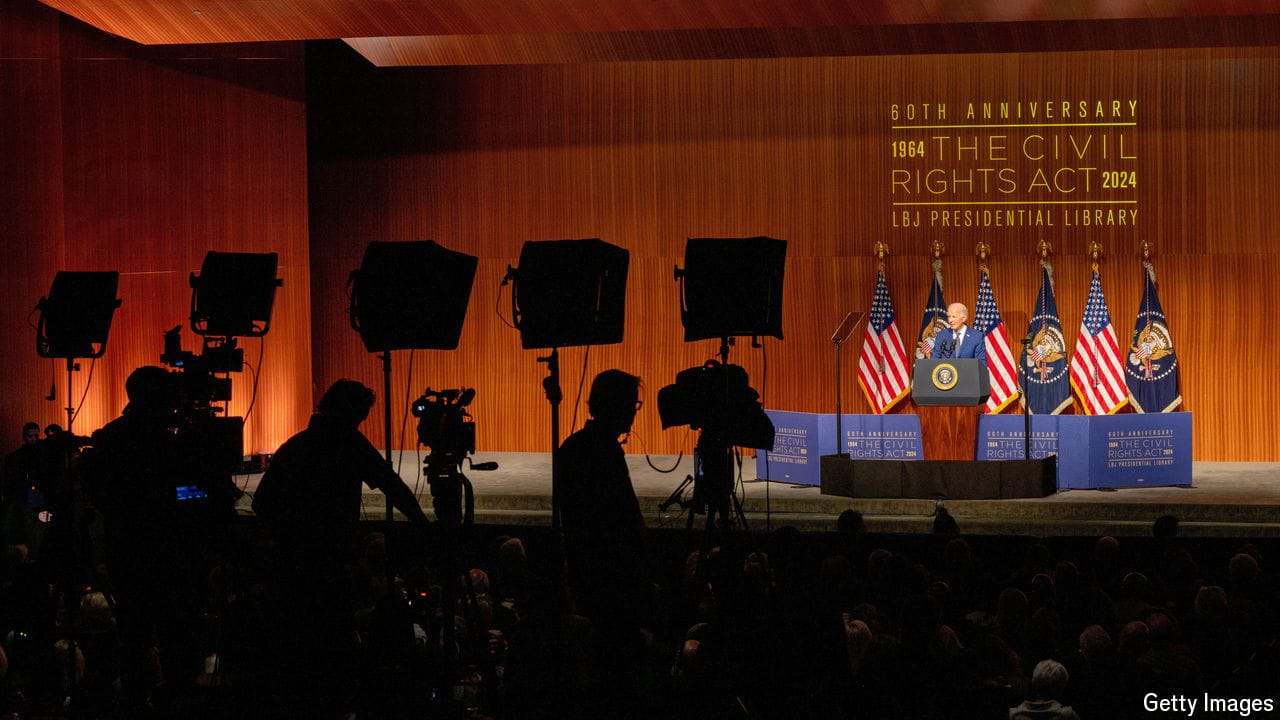The Supreme Court erases the constitutional right to abortion
The five-decade-old decision in Roe v Wade is overruled

Nearly a half-century after five Republican-appointed justices joined two Democratic appointees to recognise a woman’s right to abortion, a different quintet of gop-tapped justices has voted to eliminate it. On June 24th the Supreme Court renounced Roe v Wade, the 1973 case that legalised abortion nationwide, and Planned Parenthood v Casey, the decision that extended it (with modifications) in 1992. The vote was 6-3, with all but Chief Justice John Roberts voting to scrap Roe. The Supreme Court has never before withdrawn a constitutional right that so many Americans have relied upon for so long.
Dobbs v Jackson Women’s Health Organisation, the watershed case marking the end of Roe and Casey, began as a run-of-the-mill challenge to a run-of-the-mill abortion law in Mississippi. Next to draconian bans passed in 2019 in neighbouring Georgia and Alabama, Mississippi’s hb1510, enacted a year earlier, was comparatively moderate. It prohibited abortion at 15 weeks of pregnancy, with exceptions only for medical emergencies or severe fetal abnormalities. A federal district court promptly blocked hb1510 as unconstitutional and the highly conservative Fifth Circuit Court of Appeals agreed.
More from United States

The demise of an iconic American highway
California’s Highway 1 is showing the limits of man’s ingenuity

How the election will shape the Supreme Court
A second Trump administration could lock in a conservative supermajority for decades

Could the Kamala Harris boost put Florida in play for Democrats?
Some party enthusiasts think so, but realists see re-energised campaigning there as a savvy Florida feint
America is not ready for a major war, says a bipartisan commission
The country is unaware of the dangers ahead, and of the costs to prepare for them
The southern border is Kamala Harris’s biggest political liability
What does her record reveal about her immigration policy?